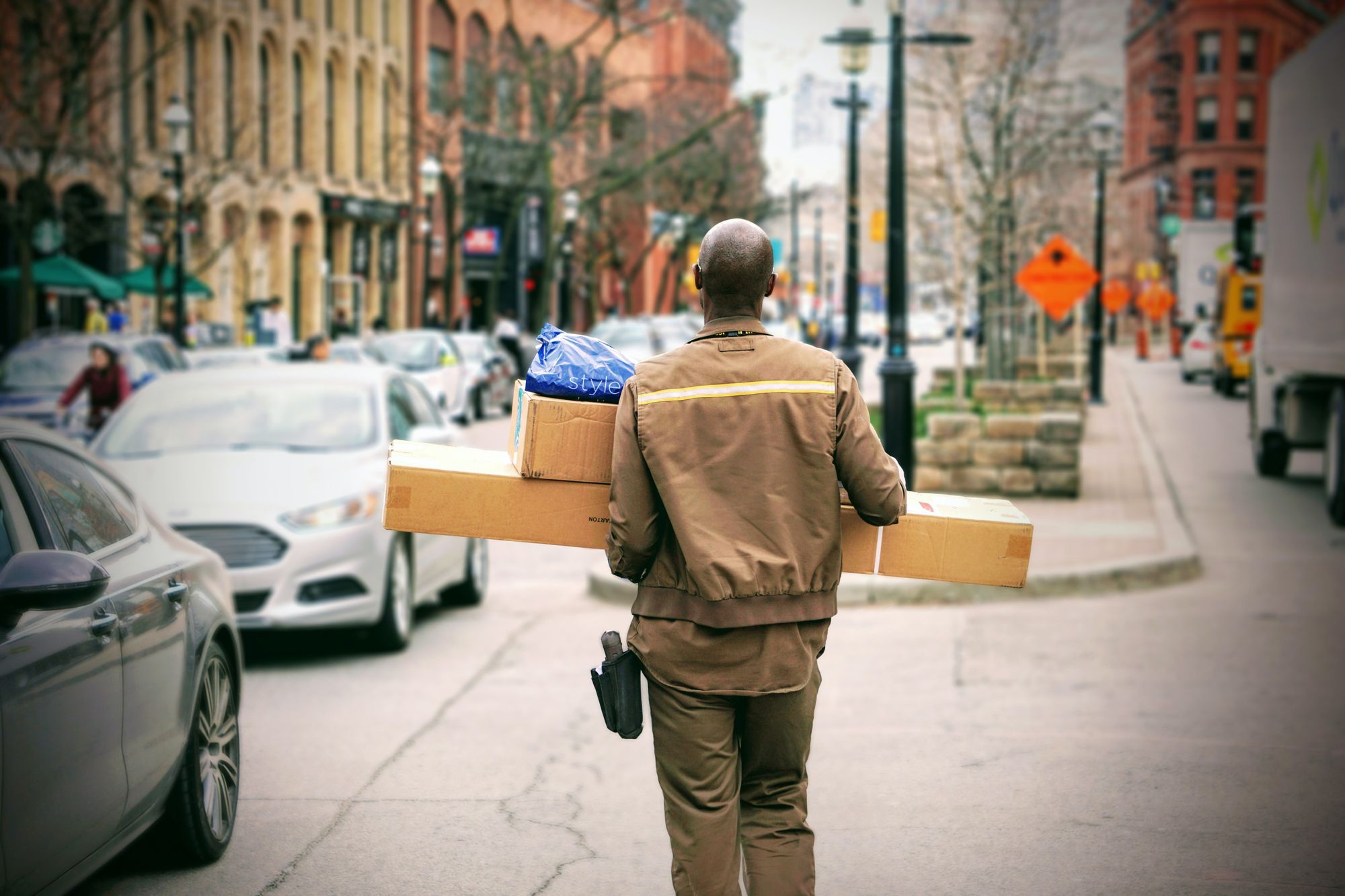Shipping A Loved One’s Body and Cremated Remains from Abroad

Anita Chauhan
The loss of a loved one is challenging enough, but what happens in a situation where you need to transport the cremated remains? If the passing of a loved one occurs in another country, there are many things you must consider. Whether it’s to another city, province or country, we’ll break down the details of what you need to know about shipping cremated remains by mail or in person.
Mailing cremated remains across Canada
According to Canada Post, you can indeed transport both human and animal cremated remains through the mail as long as you adhere to the following:
- Both the destination and return addresses are complete and correct.
- The remains are shipped in a trackable parcel.
- The cremated remains are packed in “a sealed container” - this includes an urn or otherwise. If the container is fragile, ensure that it is protected with packing material.
- The sealed container is put inside a sift-proof outer container.
- The cremated remains are “accompanied by a certificate of cremation issued by the appropriate authority which must be enclosed in a plastic envelope and attached securely to the top of the parcel.”
If you’re looking to ship cremated remains internationally, you need to review the International Destination Listing for detailed information on what is considered prohibited or restricted items in different countries. You must also contact the consulate of the country where you are shipping the body to.
A Step-by-Step Look at Managing the Death of a Loved One from Abroad
Now that you know about the basic laws and regulations let’s dive into the actual step-by-step process of managing the passing of a loved one in another location and bringing them back home for their funeral.
Pick up the deceased from their place of death.
Shipping to Canada:You will have to find a local funeral home or cremation service in the country that your loved one has passed in if you are looking to bring them back home to Canada. Simultaneously, you will also need to contact a funeral home back home in Canada to arrange to be the receiving funeral home.
Depending on the service or provider you choose, they will pick up the deceased for transportation back to Canada.
Shipping From Canada: If you are looking to bring the body of a loved one back to your country from Canada, services such as Eirene can help. Speak with one of our licensed directors to help navigate the requirements to ship cremated remains to another country or find out requirements to travel with them.
If you are looking to bring the body of a loved one back to your country from Canada, services such as exist that can help.
Complete the Embalming Process (if required)
One consideration that must be made is embalming. Depending on the country that the deceased has passed away in, you may be legally required to perform embalming on your loved one following their passing. Generally, it's usually the receiving country and/or transportation (airlines) that will require embalming, although embalming may be required in the country the deceased has passed in as well.
Embalming is the age-old tradition of chemically preparing the body. It is not legally required in Canada. Learn more about the process here.
This chemical preparation could be required to receive the deceased’s body. It ensures that the receiving country is free of any liability, specifically when it comes to illness and disease. There may also be considerations for COVID-19. Read more here about Canada’s rules and regulations around COVID-19 and embalming.
Get in Touch with the Consulate
If you are bringing your loved one’s body or remains back to Canada from another country, the next step is to contact that country’s consulate. This is necessary as you must work with the receiving funeral home to provide the consulate with the paperwork they require to allow the shipment of the deceased into the country.
Depending on language requirements, they may need documentation to be translated or authenticated before acceptance. They may also require you to attend to their location to help with the coordination of documents.
Each consulate and each country’s laws are different; ensure that you call ahead of time to learn what you need.
Connect with the Receiving Funeral Home
Once you have sorted out the necessary paperwork, you must confirm the contact information of the receiving funeral home or funeral provider, depending on where the body will be held. Gathering information such as phone numbers, email, and address is necessary.
Travelling or Shipping the Deceased
Generally, the funeral home you choose to go with will usually book everything. But, knowing the facts can help you make sure everything goes smoothly. It is in your best interest to book the flight for the body 2-3 weeks in advance to avoid any hiccups or issues. Depending on the funeral home or service provider you work with, they will coordinate shipment and flight information with you and the consulate to ensure regulatory compliance.
Once the body or ashes have arrived, the deceased is brought to the receiving funeral home with the necessary paperwork. From there, the family is contacted, and the funeral arrangements that you have set out can begin in Canada.
This blog has been a quick overview of how to navigate the loss of a loved one abroad and manage the logistics for bringing them back to Canada.
We recommend contacting your chosen funeral home to make these arrangements. At Eirene, our licensed Funeral Directors are here to help guide you through the process and ensure that you receive the most affordable, quality option.
If you’re interested in learning more or need help with the process, please do not hesitate to contact the Eirene team for more information.




